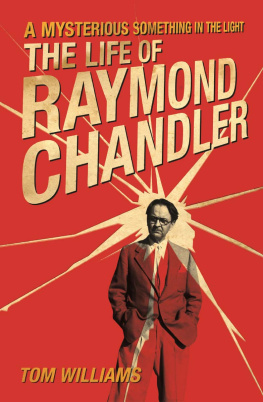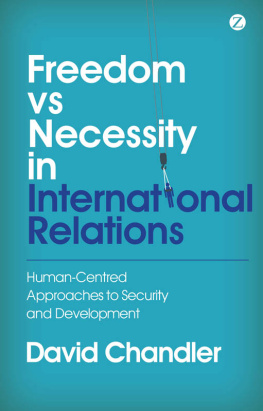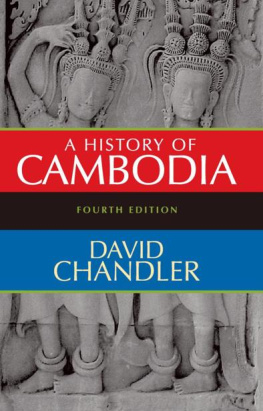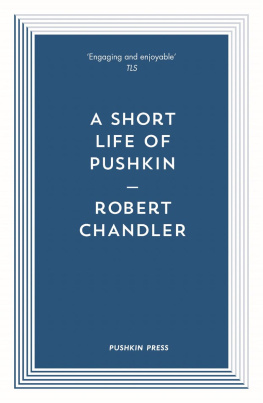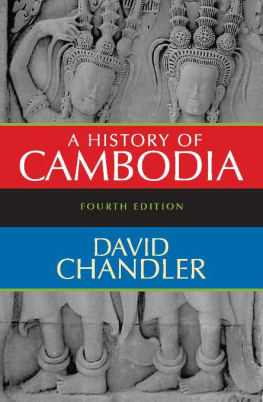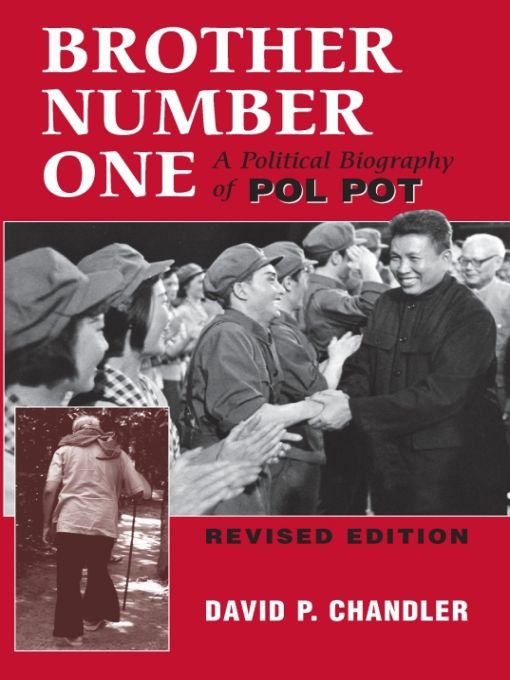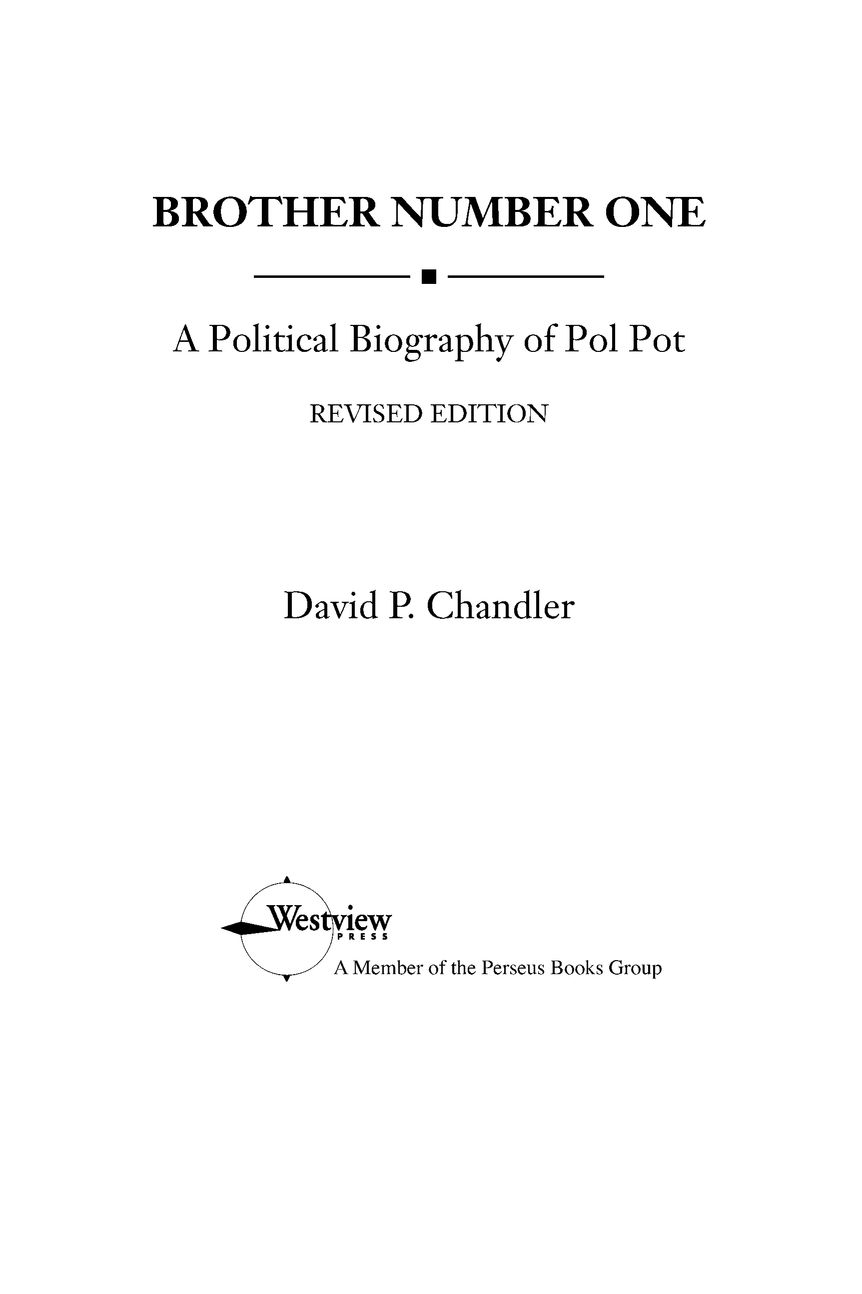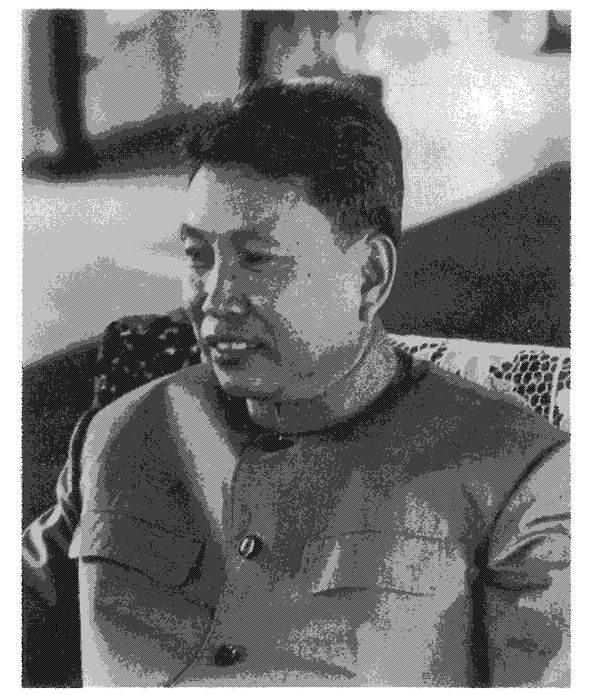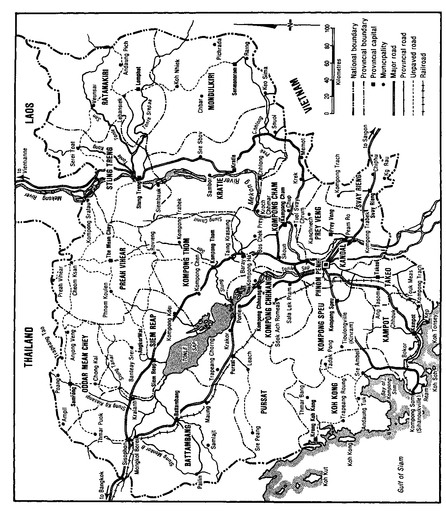Table of Contents
Pol Pot in Phnom Penh, December 1978. Photo by Richard Dudman. Courtesy of Sygma. Reprinted with permission. Copyright Sygma and Richard Dudman.
Chorus:
Who fights for communism must be able to fight and not to fight, to say the truth and not say the truth, to render and to deny service, to keep a promise and to break a promise, to go into danger and to avoid danger, to be known and to be unknown. Who fights for communism has of all the virtues only one: that he fights for communism.
Bertoldt Brecht,The Measures Taken
Preface to the Second Edition
I am grateful to my editors at Westview Press, Rob Williams and Kristin Milavec, the project editor, for encouraging me to prepare a second edition of this book. In bringing the narrative up to date, closing with Pol Pots death in April 1998, I have invaded the text and the end notes to insert new data and to correct minor errors pointed out by correspondents and reviewers. In addition, I have updated the bibliographical essay at the end of the book. The text has also benefited enormously from Jennifer Swearingens helpful copyediting.
In the time between the appearance of the first edition and Pol Pots death six years later, some interesting new biographical data have emerged, thanks in large part to enterprising research conducted by David Ashley, Chhang Youk, Stephen Heder, and Nate Thayer. I am grateful to these four people for providing me with transcripts or summaries of their interviews, and to Thayer for sending me a copy of Nuon Cheas draft history of the struggle movement, which he composed in 1997. My own study of the S-21 archive in 19941998 revealed some new information about the Vietnamese military base known as Office 100, where Pol Pot and his colleagues sought refuge from Sihanouks police in the early 1960s; my interviews with Lim Keuky and a former Chinese diplomat speaking on condition of anonymity provided some insights, respectively, into Pol Pots early married life and into his friendship with the notorious Chinese official Kang Sheng. My revision of the final chapter benefited from conversations with Terry McCarthy, Seth Mydans, and Nate Thayer. The new data have altered the chronological outlines of Pol Pots life by making it four years longer, as I now prefer the birthdate of 1925 to the 1928 one I had supported in the first edition.
Pol Pot wanted to be judged by history, as his interview with Nate Thayer in October 1997 makes clear. Unfortunately from his point of view, perhaps, the material that has emerged about his life since 1992 has not made his personality any more accessible or his career any easier to admire.
David Chandler
Washington, D.C.
Acknowledgments
I am delighted to acknowledge the help and encouragement Ive received while working on this book. Research began in 1987, when Sally Furgeson, then with Westview Press, wrote to suggest that I write a biography of Pol Pot. I was attracted by the challenge and accepted it at once, but because of prior commitments I wasnt able to begin writing until 1990. Im grateful to Ms. Furgeson and to Susan McEachern, who took over the project for Ms. Furgeson, for their patience and support. As the manuscript was being written and later, when she went over it, Ms. McEachern made many helpful suggestions. Deborah Lynes, the books editor, made helpful comments at several stages, and I benefited enormously from Michele Kendalls fastidious, perceptive copyediting.
The Australian Research Council provided a generous grant, twice renewed, that defrayed the costs of research and overseas travel. At various times, I also received financial assistance from Yale University, the Social Science Research Council (New York), California State University at Long Beach, the Institute of International Strategic Studies, and the outside studies program of Monash University (Australia).
Kate Frieson, Christopher Goscha, Stephen Heder, and Serge Thion read the manuscript and suggested many improvements. My wife, Susan, read three successive versions. Without her insights and editorial skill, the book would be clumsier and more obtuse. Over the years, my work on Cambodia has profited from many discussions with these people, as well as with Nayan Chanda, Justin Corfield, May Ebihara, Claude Jacques, Ben Kiernan, Judy Ledgerwood, Jacques Nepote, Lionel Vairon, and Michael Vickery. Several of these friends have generously provided me with material from their personal archives unavailable elsewhere. My debts to the pioneering work on Cambodian radicalism by Heder, Kiernan, Thion, and Vickery should be apparent in the notes. When the book was nearly complete, I profited from the research in progress of J. Thomas Engelbert and Christopher Goscha; this research, since published, provided many valuable insights.
The collection of material took me to Cambodia, Canada, France, Thailand, and the United States. For hospitality and help in arranging interviews, I am particularly grateful to Lionel Vairon, Judy Ledgerwood, Mika Levesque, Tom Sakara, Suon Kaset Sokho, Serge Thion, Hin Sithan, Charles F. Keyes, and Vora Huy Kanthoul.
Others who have helped with correspondence, introductions, documents, conversation, and hospitality (in addition to those already listed) include Benedict Anderson, Eliza Anderson, David Ashley, Anthony Barnett, Jacques Bekaert, Elizabeth Becker, Anne Blair, Elaine Blumenthal, Georges Boudarel, Pierre Brocheux, Teri Caraway, Timothy Carney, Chea Samaun, Frances Doggett, Maurice Eisenbruch, Steven Erlanger, Grant Evans, David Feingold, David Garrioch, Marvin Gelfand, James Gerrand, Denis Grey, David Hawk, Murray Hiebert, Mary C. Jackson, Somsak Jeemtearaskul, Julio Jeldres, Justin Jordens, Peter Judd, George Kahin, E W Kent, Vorleak Leah, J. D. Legge, Hong Lim, Henri Locard, Mary-Kay Magistad, David Marr, Marie-A. Martin, Angus McIntyre, Chantal Mercier, David Monaghan, Roger Normand, Pham van Luu, Francois Ponchaud, Craig Reynolds, John Rickard, Kelvin Rowley, Jim Scott, Frank Smith, Sok Pirun, Sok Saroeun, Richard Tanter, Keith Taylor, Thel Tong, William Turley, Esta Ungar, and Karin von Strokirch.
The men and women I interviewed more formally are listed elsewhere. Without the help of all these people and institutions, I would never have been able to write this book. And without their enthusiasm and kindness, I would have had less enjoyment writing it.
D. C.
Paris
Cambodia, SOURCE: David Chandler, A History of Cambodia, 2nd ed. (boulder: Westview Press, 1992). Reprinted with permission.


